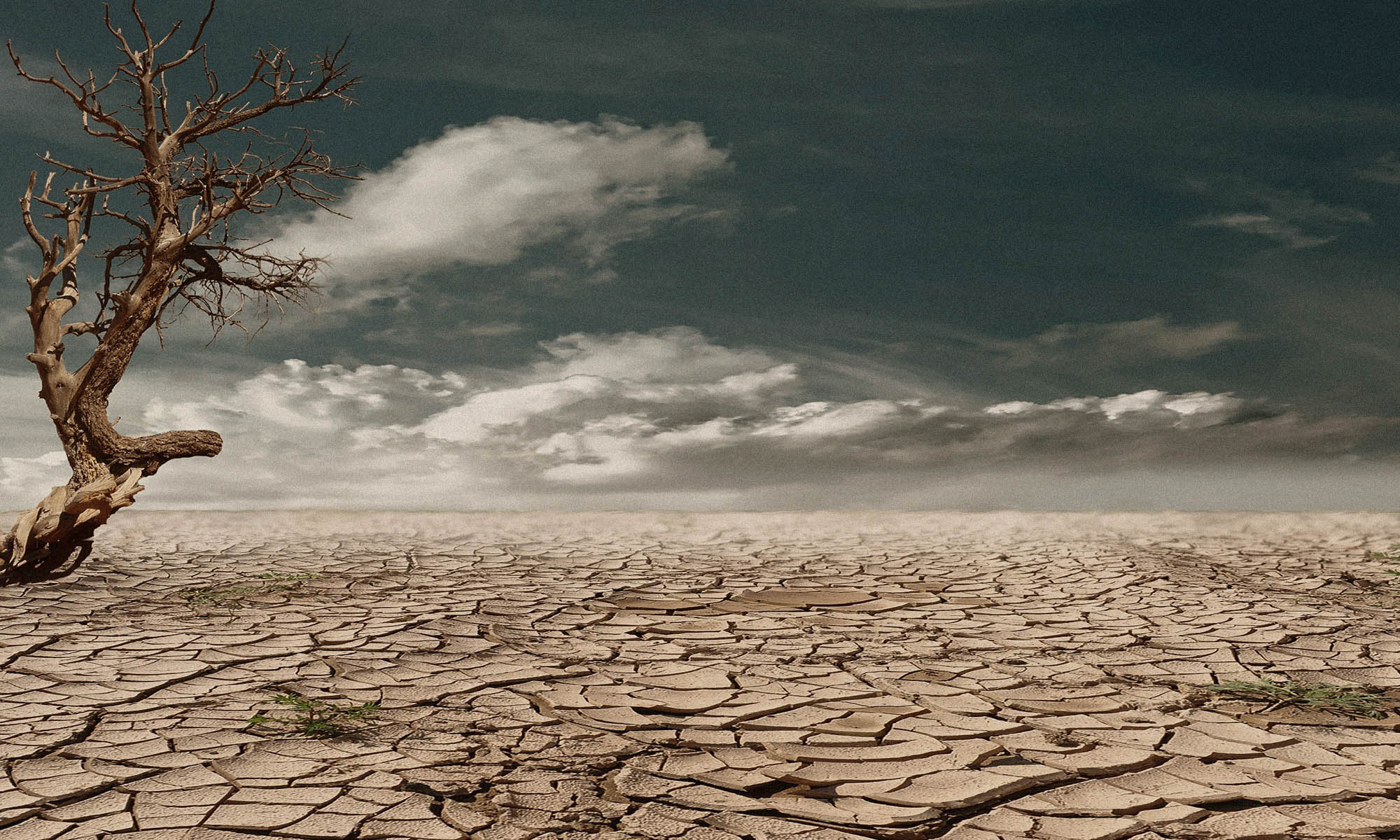The Cookswell kiln offers several advantages, making it a popular choice for various users:
Efficiency: The kiln is designed for high thermal efficiency, which means it uses less fuel compared to traditional kilns.
Versatility: It can be used for a variety of materials, including wood, charcoal, and other biomass, allowing for flexible applications.
Sustainability: The use of renewable resources and the ability to produce charcoal in an eco-friendly manner contribute to its sustainability profile.
Cost-Effective: Lower fuel consumption and the ability to produce high-quality charcoal can lead to cost savings over time.
Ease of Use: The kiln is relatively easy to operate, making it accessible for both experienced users and beginners.
Durability: Constructed from robust materials, the Cookswell kiln is designed to withstand high temperatures and prolonged use.
Community Impact: It can provide economic opportunities for communities by enabling small-scale charcoal production.
Improved Air Quality: The design minimizes smoke emissions, leading to better air quality during operation.
These features make the Cookswell kiln an attractive option for sustainable charcoal production and other thermal processing needs.


